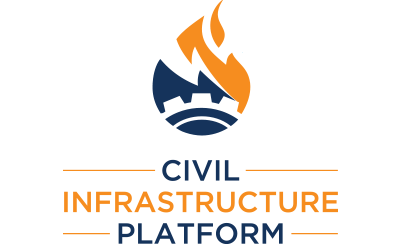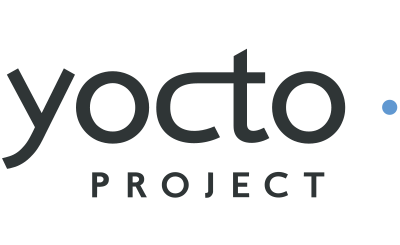Automotive Grade Linux (AGL) is a collaborative open source project that is bringing together automakers, suppliers and technology companies to build a Linux-based, open software platform for automotive applications that can serve as the de facto industry standard. Adopting a shared platform across the industry reduces fragmentation and allows automakers and suppliers to reuse the same code base, leading to rapid innovation and faster time-to-market for new products.


The Civil Infrastructure Platform (“CIP”) is a collaborative, open source project hosted by the Linux Foundation. The CIP project is focused on establishing an open source “base layer” of industrial grade software to enable the use and implementation of software building blocks in civil infrastructure projects. Currently, civil infrastructure systems are built from the ground up, with little re- use of existing software building blocks.

The Yocto Project is an open source collaboration project that provides templates, tools and methods to help you create custom Linux-based systems for embedded products regardless of the hardware architecture. It was founded in 2010 as a collaboration among many hardware manufacturers, open-source operating systems vendors, and electronics companies to bring some order to the chaos of embedded Linux development.
Fuego
Fuego is a test framework specifically designed for embedded Linux testing. It supports automated testing of embedded targets from a host system, as its primary method of test execution. The quick introduction to Fuego is that it consists of a host/target script engine, with a Jenkins front-end, and over 50 pre-packaged tests, installed in a docker container.

